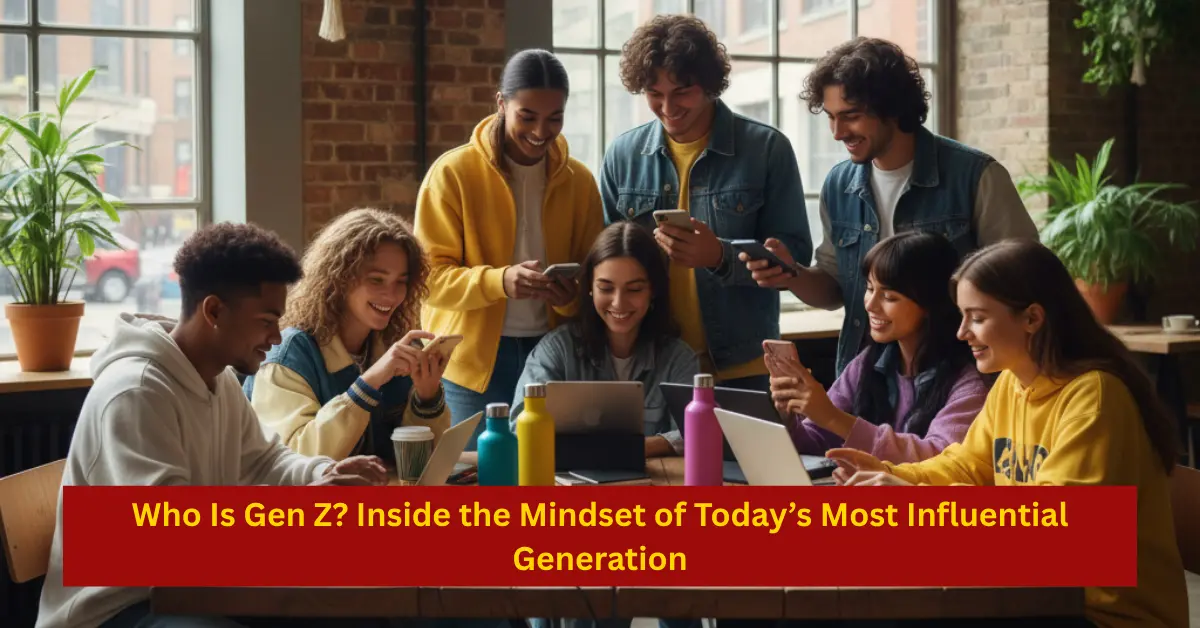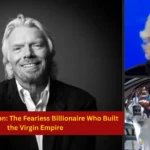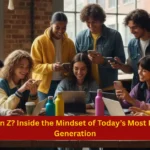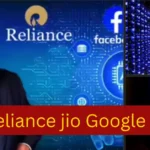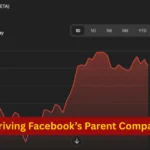“Who are Gen Z? Discover what defines today’s most digital, diverse, and socially aware generation — their values, habits, challenges, and impact on the world.
Top 15 “People Also Ask” Questions & Answers
- What age is Gen Z?
Gen Z typically covers people born from about 1996 to 2010–2015, depending on the source. globalleadership.org+2McKinsey & Company+2 So as of 2025, the oldest Gen Zers are in their late 20s, and the youngest are still teens. - Why are they called Gen Z?
The name follows from “Generation Y” (Millennials), hence “Z”. Some researchers say other names like “iGen” or “Net Gen” were used, but Gen Z stuck. globalleadership.org+1 The term also signals that this is a generation shaped by the internet and digital tech. - What makes Gen Z different from Millennials?
Gen Z has different life experiences: they grew up with smartphones, social media as standard, and in a world with climate anxiety, economic uncertainty and rapid change. McKinsey & Company+1 They value authenticity, digital fluency, and often expect faster change compared to Millennials. - What values are important to Gen Z?
Key values include diversity, sustainability, authenticity, and digital access. They are also more likely to question traditional paths (e.g., job, school, consumption) and embrace flexible or alternative routes. Barna Group+1 - How does Gen Z use technology?
Tech is integral: from smartphones, apps, social platforms, to streaming. Gen Z expects seamless, mobile-first experiences. Wikipedia+1 They often look for instant access, constant connectivity, and personalised content. - What are Gen Z’s attitudes toward work and careers?
Many want meaningful work, flexibility, growth and digital tools. They are more likely than older generations to value purpose alongside pay. Spark Hire | Flexible Hiring Software+1 They also may prioritise work-life balance and remote/ hybrid options. - How does Gen Z consume media and shopping differently?
They favour social media, influencers, peer reviews, video formats (short & quick). Traditional advertising has less impact. They often research before buying and expect brand transparency and values alignment. - What challenges does Gen Z face?
Some of the challenges: mental-health issues, economic pressures (student debt, housing), digital overload, and navigating social media’s impact. They also deal with rapid change and uncertainty. - How does Gen Z relate to older generations (Gen X, Millennials, etc.)?
Gen Z grew up under different conditions than Millennials—for instance, they don’t remember a pre-internet childhood in many cases. Some generational tensions exist (work styles, communication preferences), but collaboration and understanding are more helpful than stereotypes. - What’s Gen Z’s impact on business and marketing?
Huge. Companies and brands have to re-think: how they speak, what they value, what channels they use. Gen Z influences shopping habits, brand loyalty, platform choice and even how workplaces operate. - How does Gen Z view education and learning?
They often prefer flexible learning, digital tools, self-paced methods, and real-world application rather than rote learning. They expect tech integration and relevance. Because they’ve grown with access, they may also favour experiential or online learning formats. - What are Gen Z’s financial behaviours like?
While individual behaviours vary, many are cautious about debt, aware of financial risks (thanks to seeing economic crises), and interested in value. They may favour digital payments, financial tech (fin-tech) tools, and investment early. - How does Gen Z define success and adulthood?
Success for them often means freedom, flexibility, purpose, and control over their time rather than simply climbing a traditional corporate ladder. Milestones like home ownership, marriage may be delayed or re-imagined. - What role does social justice and activism play for Gen Z?
It’s significant. Many care deeply about environmental issues, equality, inclusion, and expect brands and institutions to show real commitment—not just surface gestures. They use social platforms for activism, awareness and community building. - What myths about Gen Z should we stop believing?
- That they’re “lazy” or “just screen-addicted” (they’re digital-native but also driven).
- That they always reject tradition (they may re-define it rather than reject it).
- That they’re all alike (they’re incredibly diverse in backgrounds, values, preferences).
Research emphasises that Gen Z is not just Millennials with fancier phones—they are different in meaningful ways.
📝 Why this matters (for you)
- If you’re working with Gen Z (in business, education, family): understanding their values and behaviour helps you connect better.
- If you’re a marketer: you’ll want to align with their digital-first habits, values and authenticity.
- If you’re a Gen Z member: this article helps you see how your generation fits into wider trends—you’re not alone; you’re part of something big.
- If you’re simply curious: these insights help you understand how the world is changing.
🌱 Final Thoughts
Gen Z is shaping today’s world—from the workplace, to consumption, to activism and beyond. They bring fresh attitudes, digital fluency and new expectations. But they also face unique pressures and challenges. Understanding both sides helps all of us move forward together.
-
Google Pixel 10 Pro: The Smartest AI-Powered Phone of 2025
Discover everything about the Google Pixel 10 Pro — AI features, powerful camera, price, and why this phone is redefining … Read more
-
Richard Branson: The Fearless Billionaire Who Built the Virgin Empire
Discover how Richard Branson built the Virgin empire from scratch — from music to airlines and even space travel. Learn … Read more
-
Who Is Gen Z? Inside the Mindset of Today’s Most Influential Generation
“Who are Gen Z? Discover what defines today’s most digital, diverse, and socially aware generation — their values, habits, challenges, … Read more
